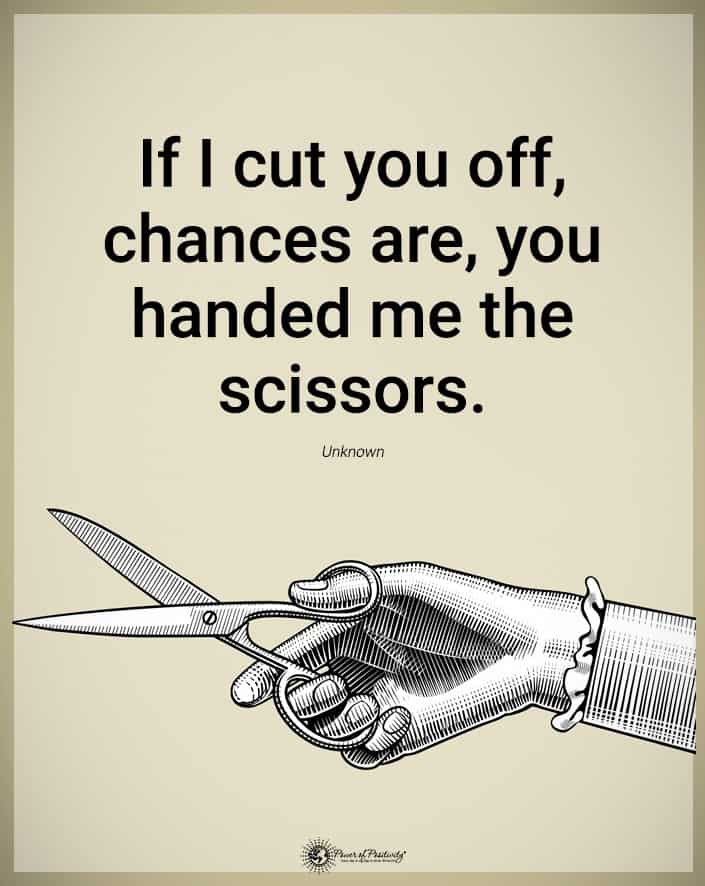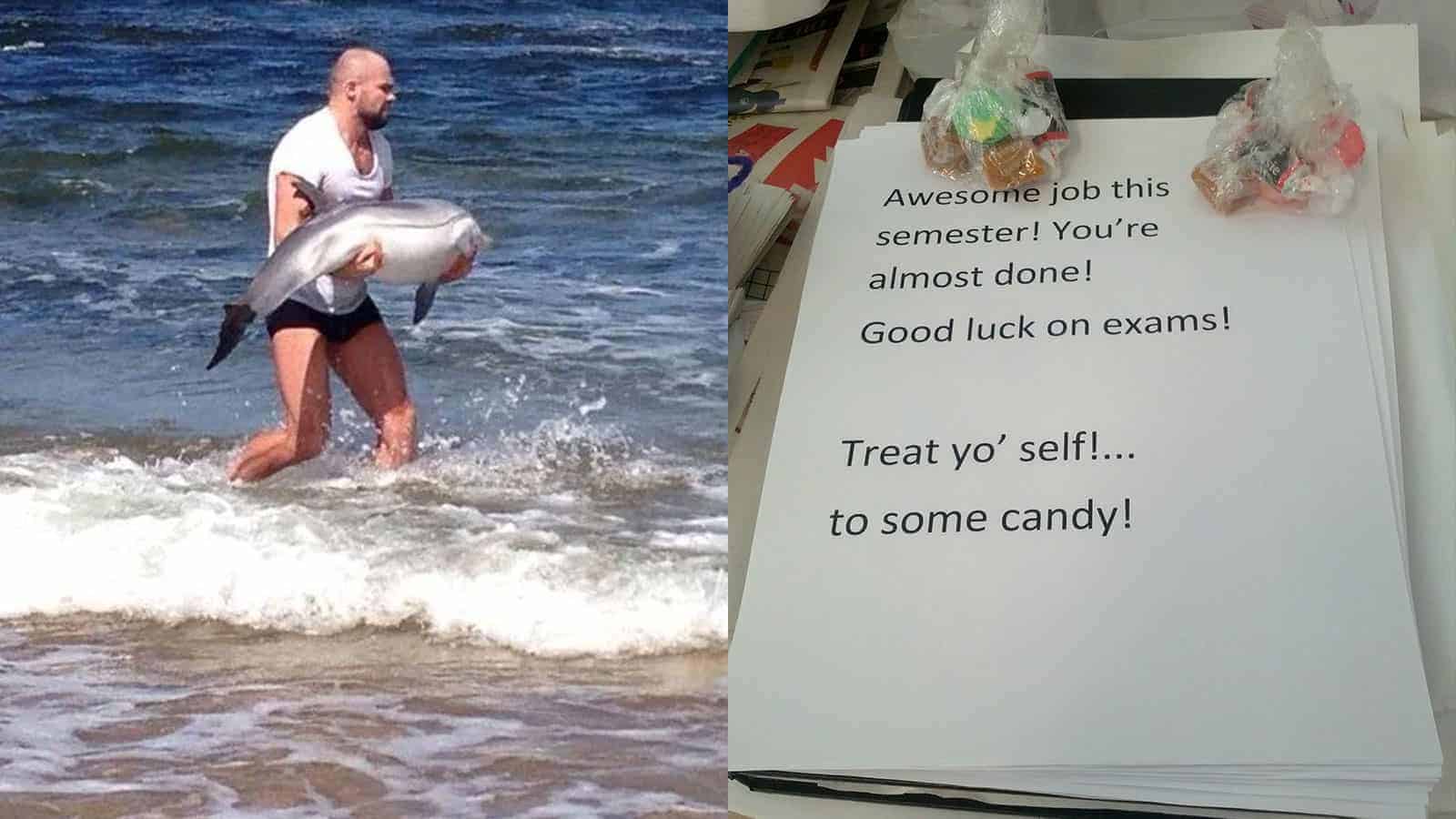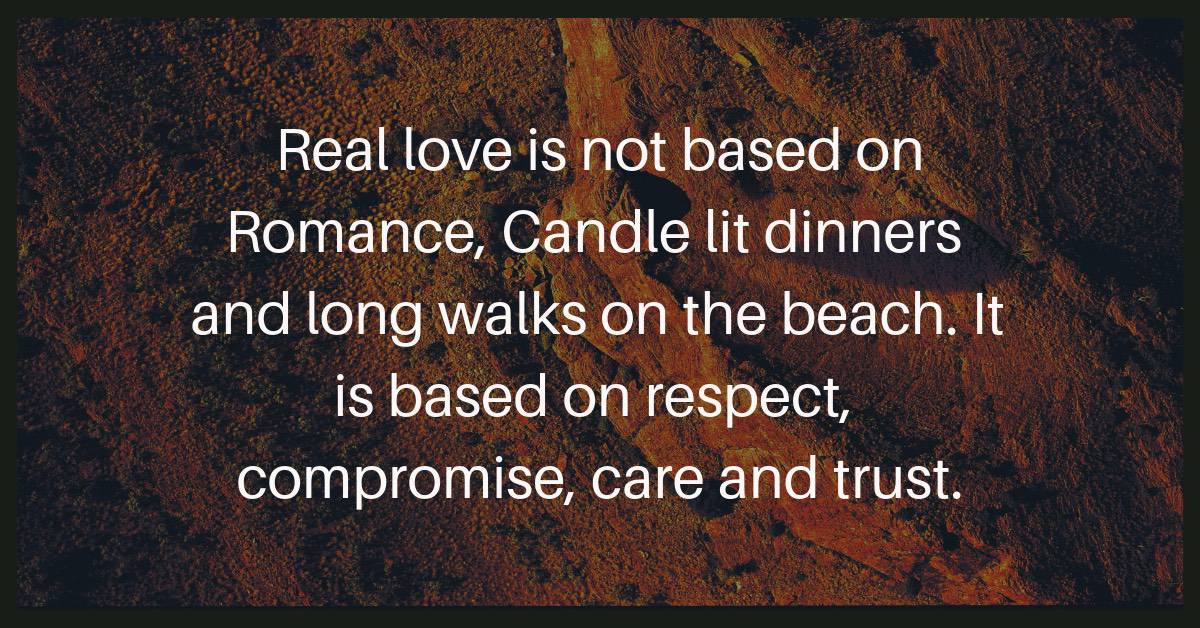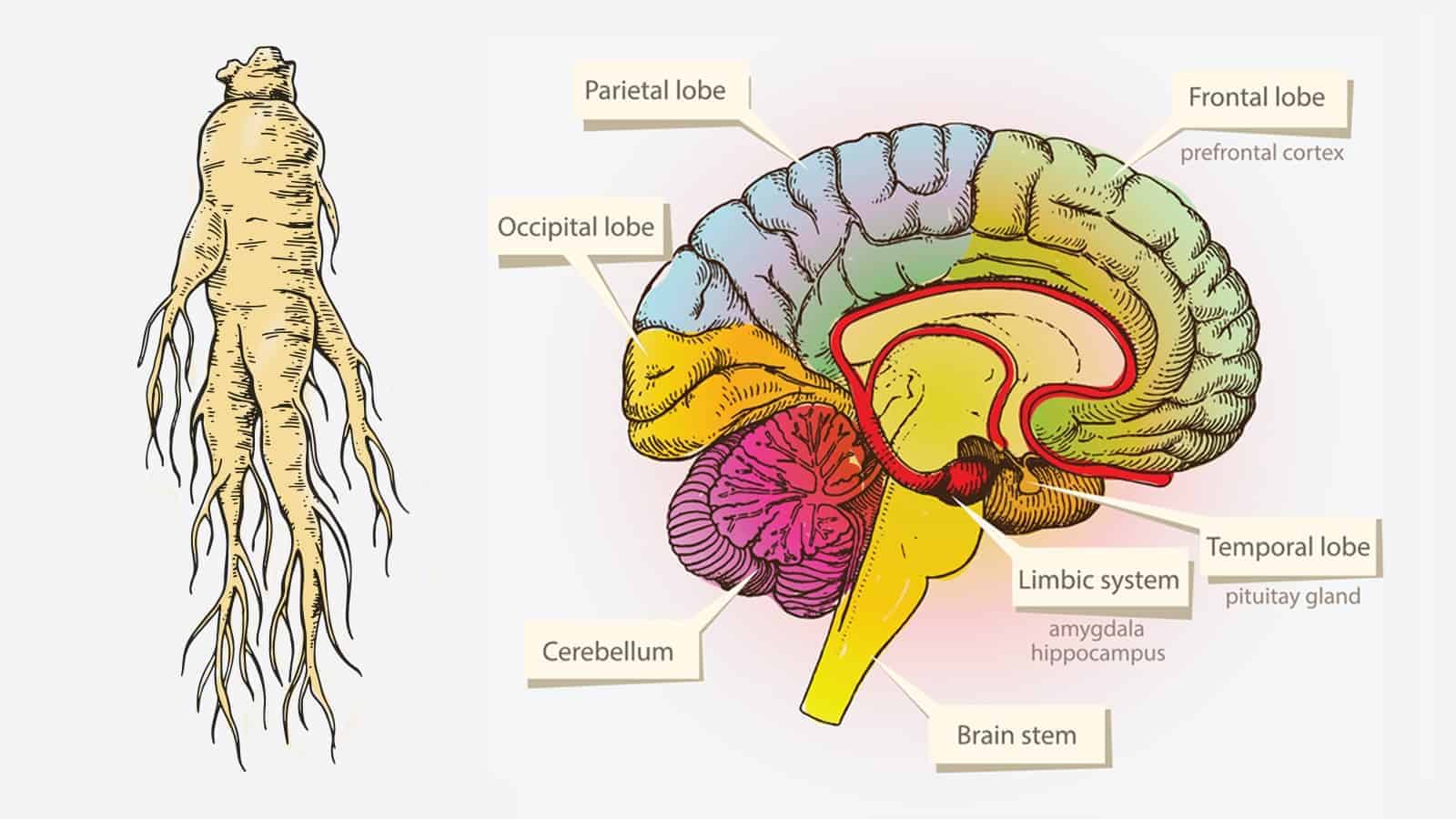Unfortunately, many countries around the world have a huge stray dog problem. Some people abandon their dogs, breed too many, or can’t sell or care for them. Sometime dogs just run away from their owners. In any case, the rate of stray dogs is on the rise, especially in developing countries.
In Bolivia, for example, there are nearly 2 million dogs living on the streets, 42% of which people abandon because they can’t care for them.
Some Bolivians are taking action and doing what they can to help these dogs in need. Fernando Kushner, from La Paz, has committed his time to helping all the dogs he can. Because of his efforts, many stray dogs live happier lives. Read on to see how he’s positively impacted the lives of so many homeless dogs in his city.
Bolivian man reveals a way to save every stray dog from hunger for free:
Fernando got started helping stray dogs when he met this fluffy friend 4 years ago. After bonding with him, he was determined to help other dogs just like him who needed love and care.

© Alimentaperritosdelacalle Bolivia / Facebook
Fernando had a successful career as a brand marketer, but one stray dog changed the course of his life forever. One day, he was coming out of his yoga class when he spotted a stray nearby and offered him a piece of his sandwich.
When the dog licked Fernando’s hands and nuzzled his neck, he immediately felt a soft spot for the dog and connected with him. He came back the very next day to feed the dog. After feeding the dog a couple times, he knew he had found his true life purpose and gave up his career as a marketing executive to help feed stray dogs in his city.
Today, he spends all his time feeding hundreds of stray dogs in his city.

© Alimentaperritosdelacalle Bolivia / Facebook
Each day, he visits the same districts and leaves food for the dogs twice a day. He makes sure to leave the food in the same spots each day so the dogs can easily find it. You might be asking, “Where does he get all this food from?”

© Alimentaperritosdelacalle Bolivia / Facebook
Fernando goes to cafes, restaurants, and fast-food chains to collect excess food. Every day he fills up about 15 11-gallon containers, which hold chicken, bones, and other leftovers. The cherry on top is dog biscuits that he buys with his own money to top off each container. This amounts to every stray dog getting a meal of about 2 lbs of restaurant food and 0.5 lb of dog biscuits.
In the future, Fernando hopes to find others committed to the same missions so they can split up the work. But for now, he enjoys doing it solo. He posts photos of him and the stray dogs on Facebook to raise awareness and also show how people can help dogs in their city.

© Alimentaperritosdelacalle Bolivia / Facebook
Fernando says, “I have had 1,300 interviews with TV channels and newspapers both inside and outside of Bolivia. I am not a politician or a star that needs to be followed. I just do what I do transparently.” He encourages people to adopt and not buy so that stray dogs can have a home.
Just imagine: if everyone did this in their city, we could help the dogs who really need it and possibly give them a warm, safe place to call home.









